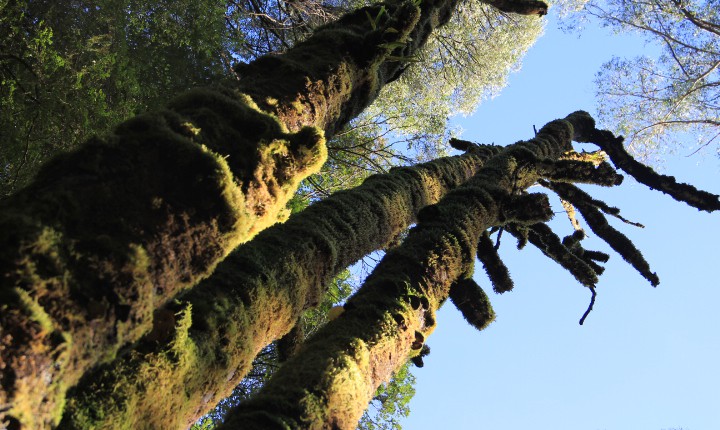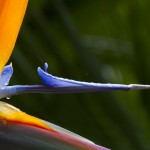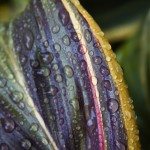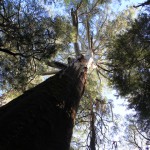Our online connections are a comfort in these uncertain times. Social media posts have been a lifeline while we’ve been in self-isolation and plenty of love, support, and generosity have spilled out through our online communities.
But this constant tech-connection commands our attention and can leave us with a feverish restlessness of concentration that saps us.
As the restrictions ease, weaning ourselves from the always-on tech habit will truly boost our wellbeing, and our life effectiveness.
Tech commands our attention so we pay continuous partial-attention* in an effort not to miss anything. This lowers our attention-capacity, the very thing that gives us the ability to concentrate.
The long and the short of this is, our attention must be restored because the ability to concentrate is crucial in everyday tasks and life effectiveness.
Abundant replenishment
Attention Restoration Theory (ART) suggests the ability to concentrate may be restored by exposure to natural environments. Research suggests that immersing ourselves in nature gives our prefrontal cortex, the brain’s activity centre, a much-needed break.
Green-space is hands-down more effective – and efficient – in restoring our ability to pay attention than any other environment or activity, Environmental Psychologist Dr Kathleen Bagot has explained to me in past interviews.
Other leisure activities do bring the brain back to relaxation but not to the vital ‘resting level’, where our attention is fully restored, she says.
Why is that the case?
Nature holds a ‘soft fascination’ that attracts people but does not need effort to direct your attention to, so it brings us back to resting level, refreshing us.
On the other hand, ‘hard fascination’ stimuli, like an accident, an out-of-control fire, or a video game, do not refresh us because of their intensity. “We often want to do things that are not good for us, not beneficial for us, especially hard fascination,” Dr Bagot explains.
Technology permeates and enhances every corner of our lives. This is not a case of nature versus technology. This is a matter of recognising how nature offers us exclusive and abundant opportunity to replenish exhausted mental resources.
“The more high-tech we become, the more nature we need.” Richard Louv, author of The Nature Principle. “The future belongs to those who are nature-smart and can combine access to technology with the restorative power of nature.”
* Continuous Partial Attention (CPA) is a term coined by former Microsoft and Apple executive Linda Stone as far back as 1998. “We pay continuous partial attention in an effort not to miss anything. It is an always-on, anywhere, anytime, any-place behaviour that involves an artificial sense of constant crisis,” she says.
Stone says this constant connection contributes to a feeling of overwhelm, over-stimulation and to a sense of being unfulfilled. “We are so accessible, we’re inaccessible. The latest, greatest powerful technologies have contributed to our feeling increasingly powerless”.






